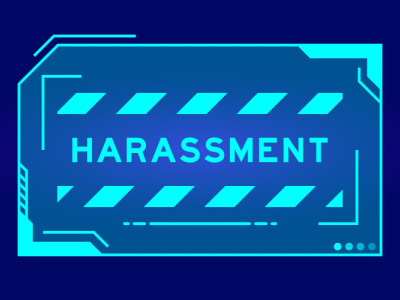After three years of litigation, a court in Nevada ruled in favor of Sbarro, LLC, in a $178 million lawsuit in which a former employee filed suit against the company for sexual harassment, sex discrimination, retaliation, and negligent retention. The former employee alleged she was repeatedly sexually assaulted at work by her manager and that the company’s HR director knew about the assaults and allowed them to occur. This case effectively shows why employers should have good reporting policies and anti-harassment procedures in place.
The Facts
At trial, Sbarro’s lawyers successfully argued the company responded quickly when it became aware of the sexual assault allegations. Furthermore, it was able to show that the HR director didn’t become aware of the alleged assault claims until right before the former employee quit, which was almost a year after the assault occurred. Ultimately, the court reviewed the timeline of events and the evidence, and it found the claims against Sbarro’s HR director were “objectively false.”
If Sbarro hadn’t acted in a timely manner when it found out about the sexual harassment complaints, or if it didn’t have a clear and effective policy in place to deal with such problems, they would likely have lost this lawsuit.
Why You Should Have Clear Policies in Place
The lessons from this case are especially important to remember because the standard for employer responses has expanded under bills SB 45 and HB 21 (signed by Governor Greg Abbott, effective as of September 1, 2021). Currently, if an employee is sexually assaulted, Texas employers commit unlawful employment practices if:
- They know or should have known the conduct constituting sexual harassment was occurring; and
- They fail to take immediate and appropriate corrective action.
Furthermore, individual risk of liability has heightened as well. Now, supervisors, managers, HR professionals, other employees, and third parties may be named individually as defendants in an employee’s sexual harassment complaint and held personally liable for damages. So, it’s crucial now more than ever for employers to have anti-harassment policies and reporting procedures in place to comply with federal and state sexual harassment laws.
Implementing policies and procedures, educating employees and managers, promptly responding to reports of sexual harassment, and documenting the steps of the investigation will all help protect employers and reduce the risk of exposure to harassment claims. Taking such measures will also help show employees that their employer effectively addresses sexual harassment claims and takes these matters very seriously.
Bottom Line
As a best practice, you should also review your current handbook to make sure your company’s sexual harassment policies comply with any updates to federal and state laws. For example, In March 2021, the Ending Forced Arbitration of Sexual Assault and Sexual Harassment Act was passed.
The Act prohibits mandatory pre-dispute arbitration agreements between employers and employees for claims of sexual assault or sexual harassment in the workplace. However, employees may voluntarily elect to arbitrate such claims after a dispute arises. You should examine existing arbitration agreements and consider whether revisions must be made.
Jacob M. Monty is a partner with Monty & Ramirez, LLP, in Houston. You can reach him at jmonty@montyramirezlaw.com.

